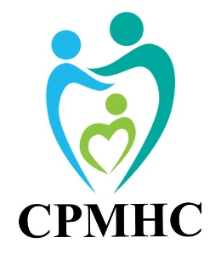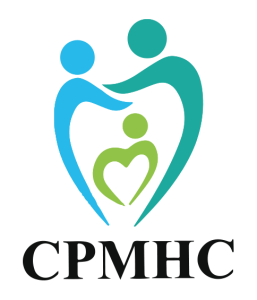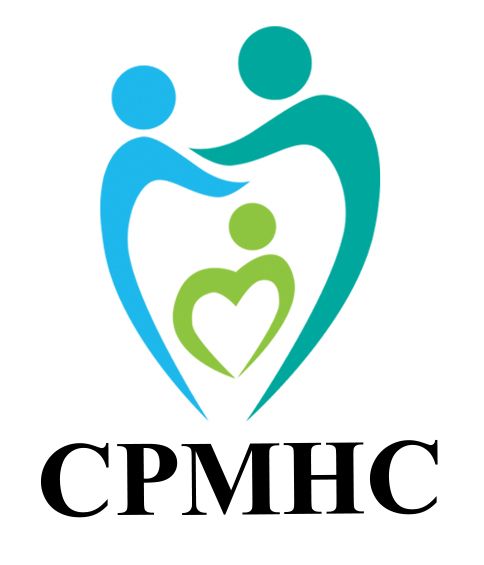On May 5th, 2021, the day our Report was released, MP Heather McPherson presented a Motion in the House of Commons asking for support for a National Perinatal Mental Health Strategy and to decare the first Wednesday of May annually as World Maternal Mental Health Day which the Government of Canada and all parties agreed to UNANIMOUSLY! While it’s not binding, meaning the government doesn’t have to act on the motion, it is an extremely positive step in the right direction! BUT… there’s still a lot of work to do. Read our report to learn more about the state of perinatal mental health care in Canada and join us in our efforts to enact a national perinatal mental health strategy.
The report contains the findings of our Health Care Provider Survey, the first-of-its-kind in Canada, which contains our 15 recommendations for improving perinatal mental health care across all jurisdictions. Our Survey findings show a vital need for a national perinatal mental health strategy to address gaps in screening and treatment, particularly now that rates of postpartum depression have doubled since the start of the pandemic. The full survey results were revealed during a live online press conference on May 5th, 2021 at 11 am ET featuring the CPMHC along with Alberta MP Heather McPherson, Ontario MPP Bhutila Karpoche, and mom, Candice Thomas who shared her experience of giving birth during a pandemic. Our report was released on May 5th during the morning session (10:30 am – Noon) of a joint Ludmer Center/CPMHC virtual online symposium. A review of perinatal mental health best practices from Dr. Alain Grégoire, Dr. Simone Vigod, and more experts followed in the afternoon (12:30 pm – 2 pm).
Critical survey findings include:
- 95.8% of health care practitioners believe that perinatal mental health services are insufficient in Canada;
- 87% of health care practitioners in Canada do not have mandated screening for perinatal mental illness at their workplace;
- When people are screened and have symptoms indicative of needing intervention, 27% of health care practitioners indicated that patients were able to access their referral within a month, 31% waited between 1-2 months, while 42% had to wait for >2 months for access;
- Perinatal mental health services differ across health regions. More than half of health care practitioners surveyed (57.3%) reported that they have not received specialized training in Perinatal Mood and Anxiety Disorders or were unsure if they received specialized training.
- 87% of practitioners believe people from diverse backgrounds encounter barriers to accessing perinatal services. These include language, cultural, and cost barriers.
- 69% of practitioners reported that COVID-19 has complicated access to care, including reduced in-person visits and overall services.
- Legislation that provides clear guidelines for clinicians through a national perinatal mental health strategy that prioritizes equitable health care across all Canadian jurisdictions.
- Targeted perinatal mental health care funding allocated to each province and territory to administer perinatal mental health programs.
- Mandated universal perinatal mental health screening at regular intervals from conception to one year postpartum and beyond as well as timely access to treatment.
- The implementation of a comprehensive perinatal mental health curriculum directly into medical syllabuses (in schools of medicine, nursing, and allied health) and ongoing training for front line health care practitioners.
- The investment in culturally sensitive, accessible and patient-oriented treatment solutions.
For all of our recommendations, please refer to our Report: Time for Action. We look forward to continued dialogue with MPs across Canada and we have requested a meeting with the Health Minister Patty Hajdu and are hoping she will accept our invitation. At the time our report was being written, we initiated a meeting with the Mental Health Commission of Canada and were thrilled to learn that they were very familiar with the CPMHC and were planning on supporting our call for a national perinatal mental health strategy in their own recommendations for a policy brief released in mid-May 2021.




